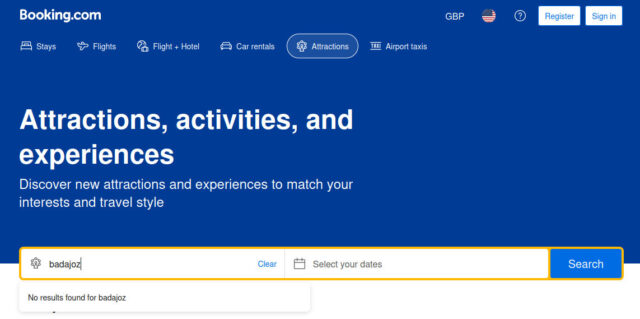
In the business of online travel reservations, Booking.com is a giant that can require all kinds of terms from suppliers, clients and other business partners. The internet, however, is not a wild west anymore, especially in Europe where regulation is setting fair rules also for digital business. Spain’s National Markets and Competition Commission (CNMC) is about to fine Booking.com 500 million euros for requiring hotels in Spain not to compete with prices when the hotels sell directly to travelers.
This case began in 2022 when Spanish Association of Hotel Managers (Asociación Española de Directores de Hotel) and the Regional Hotel Association of Madrid (Asociación Empresarial Hotelera de Madrid) filed a complaint to the Competition Commission that Booking.com requires hotels set their direct sales prices higher than prices at Booking.com.
In February 2024, Booking.com informed that the Commission has discovered anti-competitive practices, and is going to fine the company 500 million euros. Booking.com’s CEO wasn’t happy with the decision, and told the company will appeal it.
The financial numbers for 2023 Booking.com has published indicate that it is the world’s largest online travel agent with 20 billion euros in revenue. Its inventory of hotels and car rentals is 21.4 million, and 6.6 million tourist apartments and houses. Based on the numbers, it almost looks like if a hotel isn’t listed in Booking.com, it doesn’t exist for a tourist.
This fine has been issued by one country alone, but it is possible that other countries will follow. Or is Spain the only country where Booking.com has convinced its business partners to do something that is not considered competitive practice?
Price fixing isn’t the only investigation in Spain about Booking.com’s business practices. In November 2023, the Spain’s Competition Commission informed that it has discovered fake reviews of products and services on the travel reservation platform. The case involved Booking.com, Amazon and Tripadvisor that all were found publishing fake reviews.
Booking.com is involved in even more complex and odd series if events where criminals operate inside the company’s reservation system. Since the criminals have access to the system, they know what travelers have booked, and can send them additional or fake requests for payments. Booking.con admitted in November 2023 that this is happening, but hadn’t fixed it.
